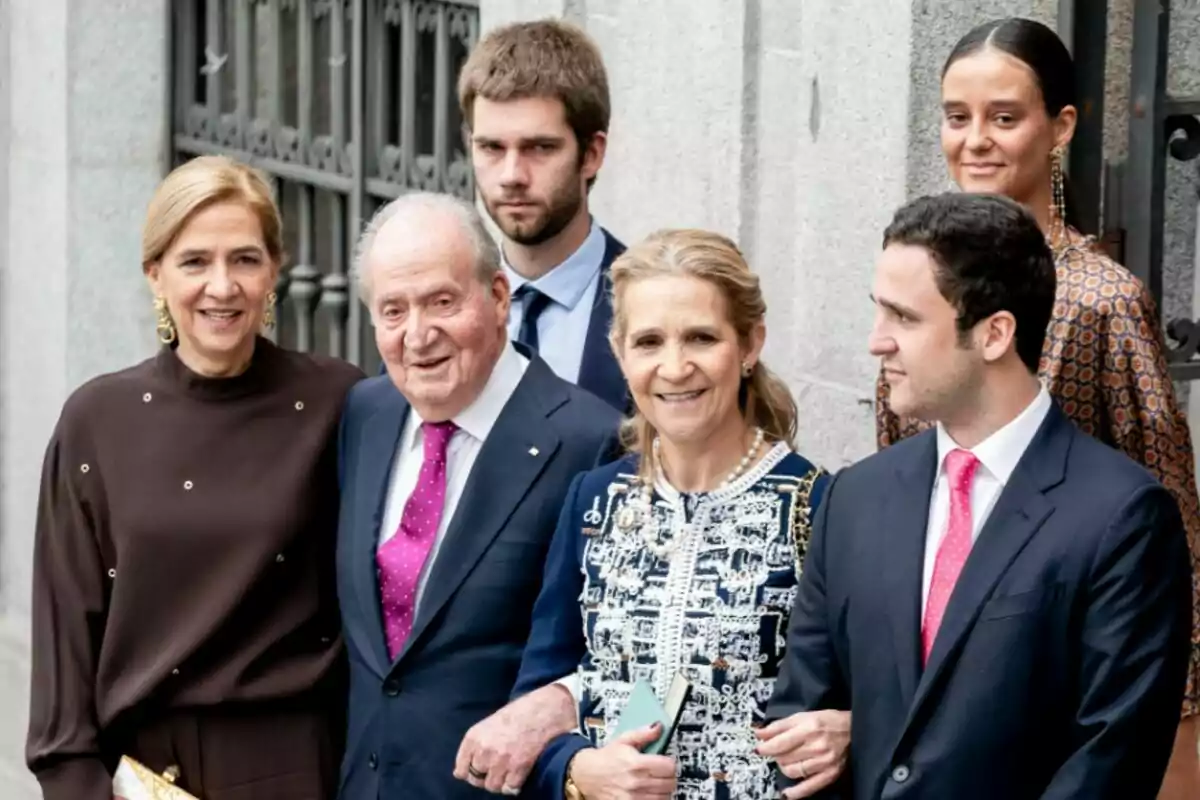The uncertainty surrounding King Juan Carlos's inheritance has caused great expectation in recent years. The emeritus's prolonged residence in Abu Dhabi has raised questions about what will happen to his multimillion-dollar estate. The differences between Spanish and Emirati laws complicate the future of this inheritance.
The possible death of King Juan Carlos in the United Arab Emirates has put the legal framework that will govern his will in check. This has created uncertainty about how the succession would affect his children and the Royal House. His residence outside Spain adds a new factor to consider in this process.

The legal shadow over Juan Carlos I's inheritance
Inheritance law specialists point out that the place of death is key for the applicable legislation. Attorney Luis Zarraluqui states that Juan Carlos can choose Spanish law for his will, even while living in Abu Dhabi. This choice would protect his heirs from the strict Emirati laws.
Even so, Zarraluqui warns that there are risks if the king were to leave a different handwritten will. This could complicate the succession and surprise his heirs. The coexistence of two legal systems can make the execution of the will difficult.
Notary Javier Oñate adds that assets outside Spain, in countries such as Switzerland or the United Kingdom, will be subject to their own rules. This introduces another difficulty in unifying the inheritance process. It is known that Juan Carlos has assets in several countries, which further complicates the situation.

A symbolic renunciation that has no legal effect in Spain
A news report confirms an open secret about Felipe VI. Years ago, the king signed a document renouncing Juan Carlos I's inheritance. With his decision, he sought to avoid conflicts by being less linked to the emeritus king's personal estate.
However, this renunciation has no legal validity according to the Spanish Civil Code, since it is not possible to reject an inheritance before receiving it. From a legal point of view, the act of renouncing in advance has no practical effect. Only in regions with local law, such as Navarra or the Basque Country, could this type of renunciation be considered valid.
Infantas Elena and Cristina keep their right to the inheritance unchanged. King Juan Carlos would have planned for Spanish law to be applied to protect their interests. For this reason, Felipe's role in this inheritance is limited despite the signed document.

Uncertainties about Juan Carlos I's estate and future
Although he is not in serious condition, Juan Carlos's health and mobility are a concern. In recent years, he has regularized his tax accounts to avoid future problems. He also created a foundation to manage his estate together with his daughters.
It is not known for certain how his estate has evolved after moving to Abu Dhabi. Nor how he will face outstanding financial commitments. The lack of an official allocation since his abdication adds pressure to his finances.
The resolution of this inheritance may take time, but it will mark an important moment for the Spanish Crown. The legal and estate decisions made by the emeritus will be key. For now, the future of his estate remains shrouded in mystery.

